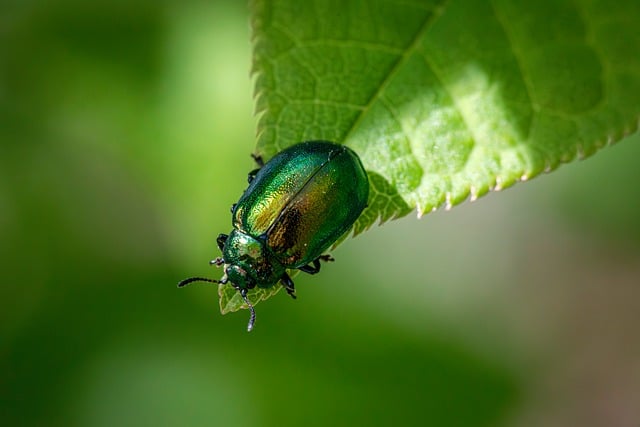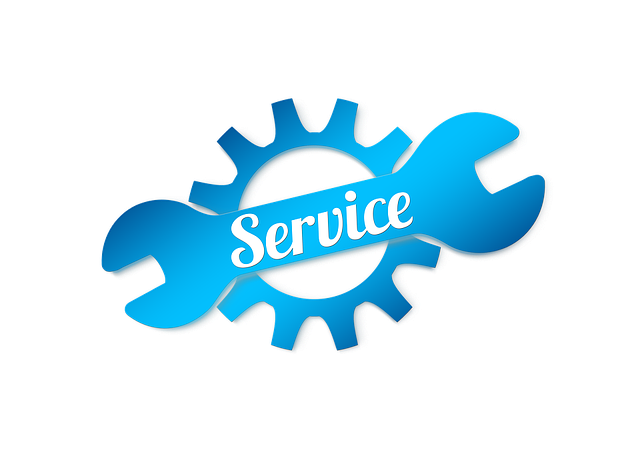Pest control services have evolved, prioritizing safe and eco-friendly practices due to the environmental risks of traditional synthetic chemicals. Modern methods focus on prevention through sanitation, exclusion, and natural predators, along with regular inspections and non-toxic, biodegradable products. Natural solutions like biological controls and organic pesticides, derived from plants and essential oils, offer safer alternatives that target pests without harming non-target organisms or the environment. This greener approach is gaining popularity, promoted by regulatory frameworks that govern pesticide use, ensuring safety and minimizing environmental impact while fostering healthier living spaces. When choosing a pest control service, focus on quality, reputation, thorough inspections, and environmentally friendly solutions.
Looking for effective yet safe pest control treatments? This comprehensive guide explores alternative methods beyond traditional chemicals. Discover the environmental impact of conventional pest control and embrace green techniques that promote a healthier ecosystem. We delve into natural solutions, regulatory guidelines, and tips for selecting eco-conscious pest control services tailored to your home or business. Learn how to mitigate risks while achieving robust protection.
Understanding Safe Pest Control Practices

Pest control services have evolved significantly, with a growing emphasis on safe and environmentally friendly practices. Understanding these safe pest control treatments is crucial for both homeowners and businesses to ensure a healthy living or working environment without exposing themselves or others to harmful chemicals. Many modern pest control methods focus on prevention, using strategies like sanitation, exclusion, and natural predators to eliminate pests humanely.
These safe practices involve regular inspections to identify potential entry points, proper disposal of waste, and the use of non-toxic, biodegradable products whenever possible. Professional pest control services also prioritize communication, educating clients about common pests, their behaviors, and how to maintain a pest-free environment. By adopting these safe pest control practices, individuals can effectively manage pests while minimizing risks associated with toxic chemicals.
Environmental Impact of Traditional Pest Control

Traditional pest control methods often rely heavily on synthetic chemicals, which can have a significant environmental impact. These chemicals can contaminate soil and water sources, harming beneficial insects, birds, and other wildlife. Additionally, they may persist in the environment for extended periods, leading to long-term ecological disruptions.
Pest control services that adopt more eco-friendly approaches are gaining popularity due to their reduced environmental footprint. Natural pest control solutions, such as biological controls and organic pesticides, offer safer alternatives by targeting specific pests while minimizing harm to non-target organisms and the overall ecosystem. By opting for these methods, individuals and businesses can contribute to a healthier environment while effectively managing pest populations.
Natural and Eco-Friendly Pest Control Options

Many modern pest control services now offer natural and eco-friendly solutions for those who prefer a more sustainable approach to ridding their homes or businesses of pests. These methods focus on using non-toxic, biodegradable products derived from plants, minerals, and other naturally occurring substances. Common ingredients include neem oil, pyrethrum (a natural insecticide), and essential oils like peppermint and lavender, which have been shown to repel and eliminate a range of pests effectively.
Compared to traditional chemical-based treatments, these eco-friendly options are safer for both humans and pets, with minimal risk of long-term health effects. They also contribute to a healthier environment by reducing the use of synthetic pesticides that can contaminate soil, water sources, and wildlife habitats. Many natural pest control services even specialize in tailored solutions, ensuring that the specific pests and environmental conditions are addressed without resorting to harsh chemicals.
Integrating Green Techniques into Pest Management

In the realm of pest control services, a shift towards greener and more eco-friendly techniques has gained significant traction in recent years. This approach integrates environmentally conscious practices into traditional pest management methods, offering a sustainable alternative to chemical-heavy treatments. By adopting these green techniques, professionals can effectively manage pests while minimising potential harm to non-target organisms, humans, and the environment.
One of the key benefits is the utilisation of natural predators, plants, and biological agents to control pest populations. For instance, introducing beneficial insects like ladybugs or parasitoids can help suppress harmful insect infestations. Additionally, using plant-based repellents, essential oils, and organic pesticides reduces the reliance on synthetic chemicals, ensuring a safer environment for both residents and the ecosystem at large. This holistic approach to pest control not only promotes biodiversity but also fosters a healthier and more sustainable living space.
Regulatory Guidelines for Safe Pest Control Treatments

Pest control treatments are subject to strict regulatory guidelines designed to ensure their safety and effectiveness, particularly as many chemicals used in pest control services can have adverse effects on both health and the environment if not properly managed. These regulations vary by region but commonly include requirements for product registration, labeling, handling, storage, and application methods. For instance, in many countries, pesticides must be registered with regulatory bodies that assess their safety, effectiveness, and potential environmental impact before they can be used commercially.
Professional pest control services are bound by these guidelines, which often mandate the use of Integrated Pest Management (IPM) strategies that prioritize non-chemical methods where possible. They also specify the training and certifications required for applicators to ensure proper application techniques that minimize risks. Regulatory bodies may also set limits on the frequency of treatments, buffer zones around sensitive areas, and monitoring requirements to safeguard communities and ecosystems from potential harms associated with pest control treatments.
Choosing the Right Pest Control Services for Your Home or Business

When selecting pest control services for your property, it’s crucial to consider both quality and reputation. Begin by researching local companies that specialise in Pest Control Services. Check online reviews and ask for recommendations from friends or neighbours to ensure you’re choosing a trustworthy provider. Look for companies with a proven track record of effective treatments and customer satisfaction.
Consider the specific pest issues you’re facing and choose a service that offers tailored solutions. Reputable companies will conduct thorough inspections to identify the root cause of infestations, providing environmentally friendly and safe treatment options. Ensure they utilise modern equipment and adhere to industry standards for safety and effectiveness in their Pest Control Services.
